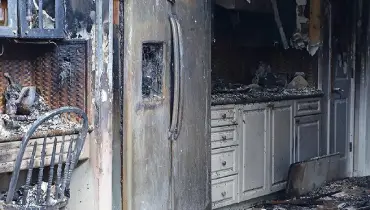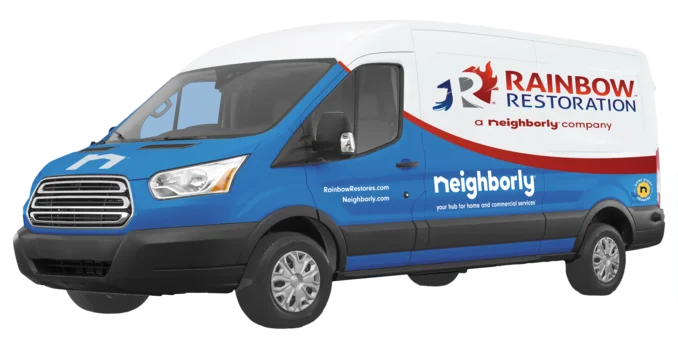
According to Rainbow Restoration, home insurance typically covers fire damage, but specifics can vary.
|
If your home were to suffer a devastating fire, the last thing you’d want to worry about is insurance coverage. Your home is probably your most valuable asset. But will standard home insurance always cover fire damage?
Keep reading to learn more about what may and may not be covered in the event of a fire.
Does Home Insurance Cover Fire Under My Policy?
Most standard homeowners insurance policies usually include some fire coverage. For instance, your homeowner's insurance may cover the costs of repairs after a fire.
When you’re choosing an insurance plan, the company can work with you to customize your coverage limit – that’s the maximum amount of money the company would pay out for certain damages.
Always check the specific terms of your homeowner's insurance. Don’t assume something is covered just because you have a homeowners policy.
Here’s a rough idea of what standard homeowners insurance generally covers in the event of a fire:
- Repairs to your home and any detached structures on the property. That includes outbuildings, detached garages, sheds, and fences.
- Repairing or replacing possessions inside the house.
- Landscaping costs. If trees or bushes were damaged by the fire, your insurance may help cover the cost of landscaping these areas or reimburse you for the damaged features.
- Living expenses. If your home is unlivable after a fire, your insurance company may cover food and hotel costs for a time.
What Isn’t Covered by Homeowners Insurance
Coverage for fires is often situational. Some situations are not normally covered by homeowners insurance. These include:
- Wildfires, depending on where you live. Check your policy to find out if wildfire damage is covered or not. If you live in a very high-risk area, your insurance company may not cover this type of damage. You can purchase separate plans for wildfire coverage.
- Arson or vandalism is committed by the property owner or other residents. If there are any questions about the intentions of the property owner, your insurance company may be hesitant to pay out after a fire.
- Vacant properties. Consult your insurance provider to learn about how they define a vacant property and whether your property falls under that definition. For instance, if your home has been vacant for months, it may not be covered.
Do I Need A House Fire Insurance Policy: Additional Policy Recommendations
If you live in a high-risk area for wildfires, your homeowner's insurance may not cover fire damage. In these situations, you will need to buy a separate house fire insurance policy.
If you’re having trouble obtaining insurance from standard homeowners insurance companies, investigate your state’s Fair Access to Insurance Requirements (FAIR) plans. FAIR plans can cover homes that the rest of the market considers uninsurable.
To cover all your bases, you can pair fire insurance with a Difference in Conditions (DIC) policy. That way everything – including fire damage – is covered.
Choose Rainbow Restoration for Professional Fire Restoration Services
If you experience a fire, you will need help repairing the damage. Put your home in expert hands by contacting the IICRC-certified professionals at Rainbow Restoration. Rainbow Restoration offers top-quality fire damage restoration services throughout the United States and Canada. Call us or request an appointment online today.
